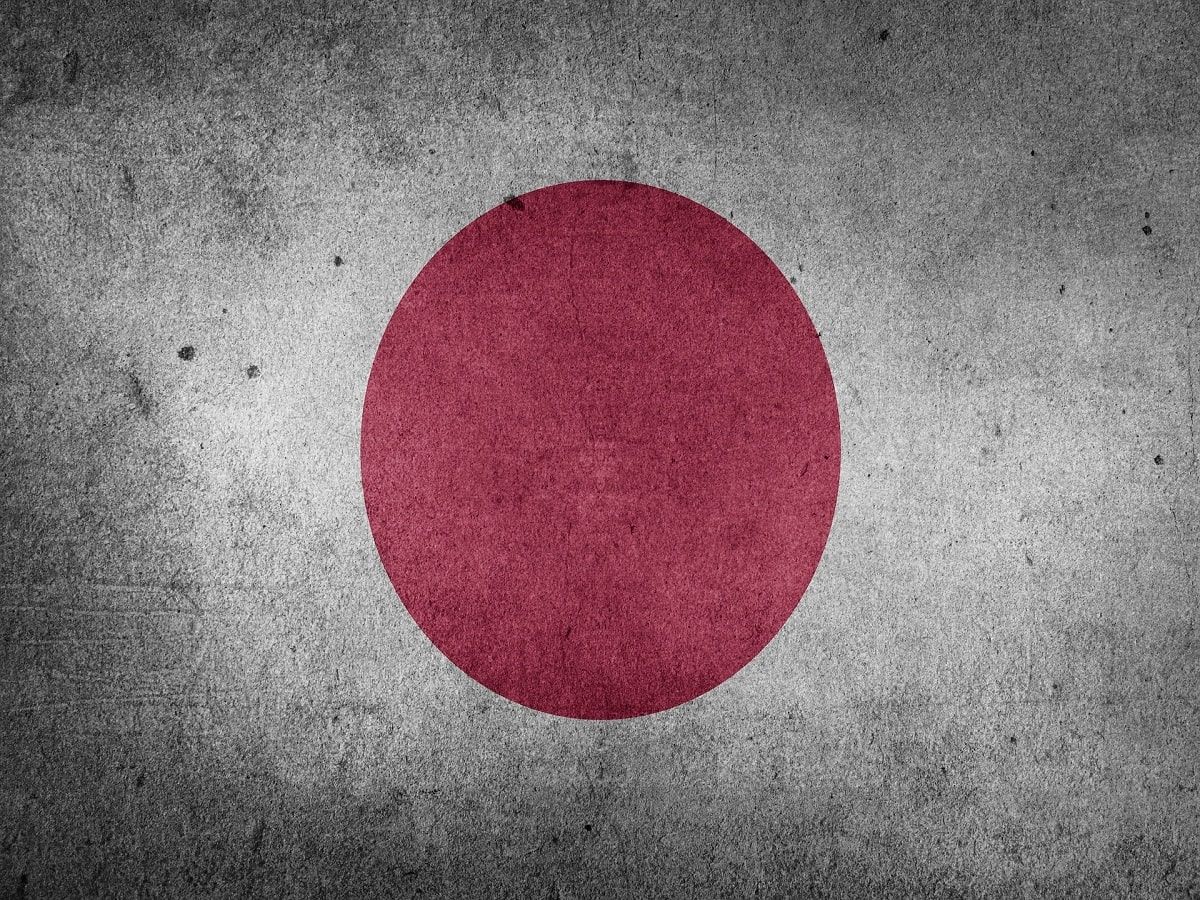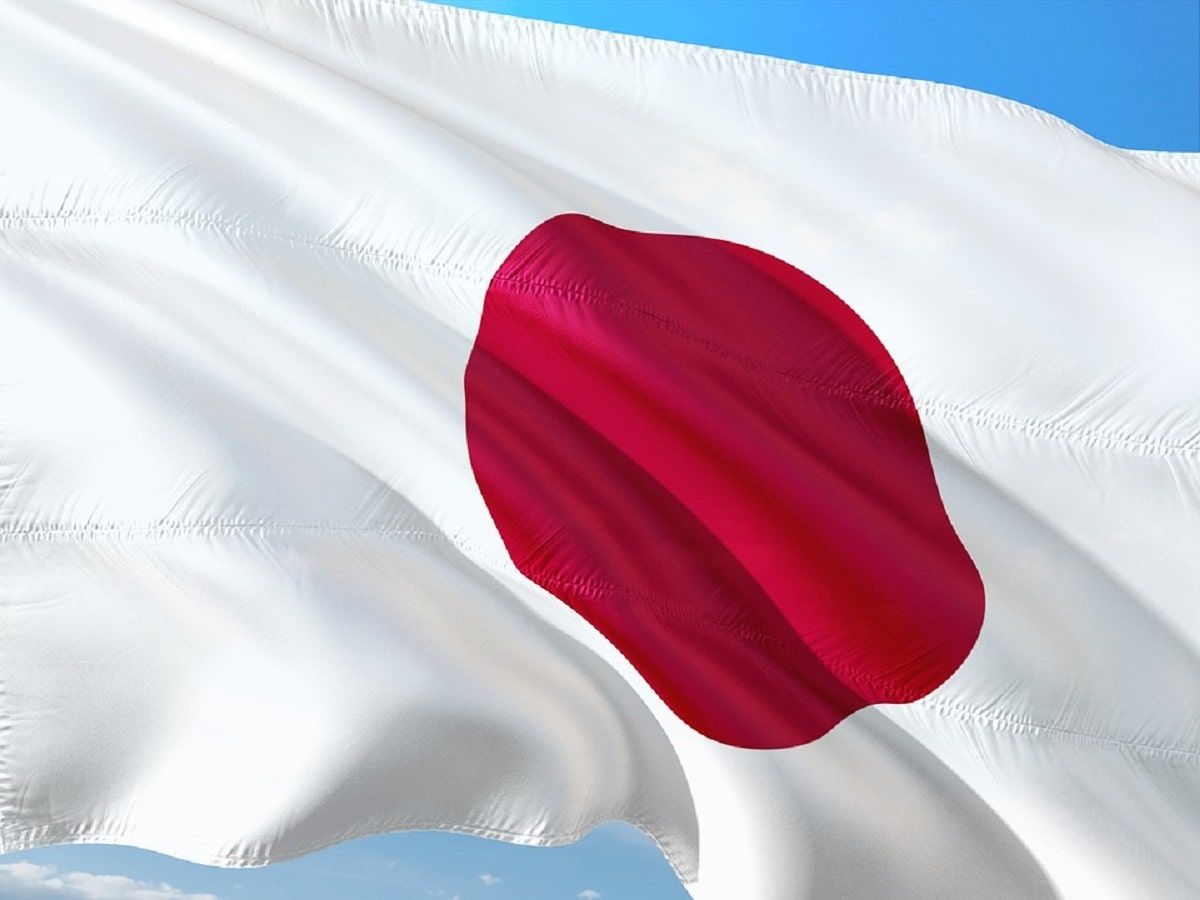Medical Cannabis Reform In Japan Is A Two-Edged Sword
Japan’s government appears to be set to adopt a limited medical cannabis legalization measure. A health ministry panel in Japan previously issued cannabis policy recommendations, including a recommendation that Japan allow medical cannabis products to be imported. Those recommendations are reportedly on their way to becoming law.
Generally speaking, allowing medical cannabis product imports is a good thing, however, cannabis observers and advocates around the world need to temper their celebrations, as the measure being considered in Japan is very limited upon further inspection, and part of the measure is particularly troubling.
In addition to legalizing products ‘whose safety and efficacy were confirmed under laws governing pharmaceuticals and medical devices’ be allowed for importing, the measure also requires that Japan make cannabis consumption itself a crime if it’s not for authorized medical purposes. Per The Japan News:
The government is poised to allow the use of medical marijuana to treat patients with intractable diseases, according to the outline of bills revealed on Tuesday.
The government is considering submitting the bills including one to revise the Cannabis Control Law during the current Diet session.
The proposed revision would also criminalize the use of marijuana.
Currently, there is no prohibition in Japan for cannabis use, although cultivation, possession, and distribution are strictly prohibited. If the new law is adopted, which it seems like it will be based on reports out of Japan, then simply having cannabis in a person’s system will be a crime.
How do authorities discover that someone has cannabinoids in their system in the first place? In many instances, it will likely be coupled with a possession charge, with law enforcement seeing the person consuming and catching them in the act.
Yet, there’s always the potential that law enforcement merely ‘suspects’ that a person has consumed cannabis, and uses that ‘suspicion’ as ‘justification’ to acquire bodily fluids for testing by whatever invasive means they deem to be useful. It’s an enforcement practice that can easily be weaponized and should never be implemented by any government anywhere.




